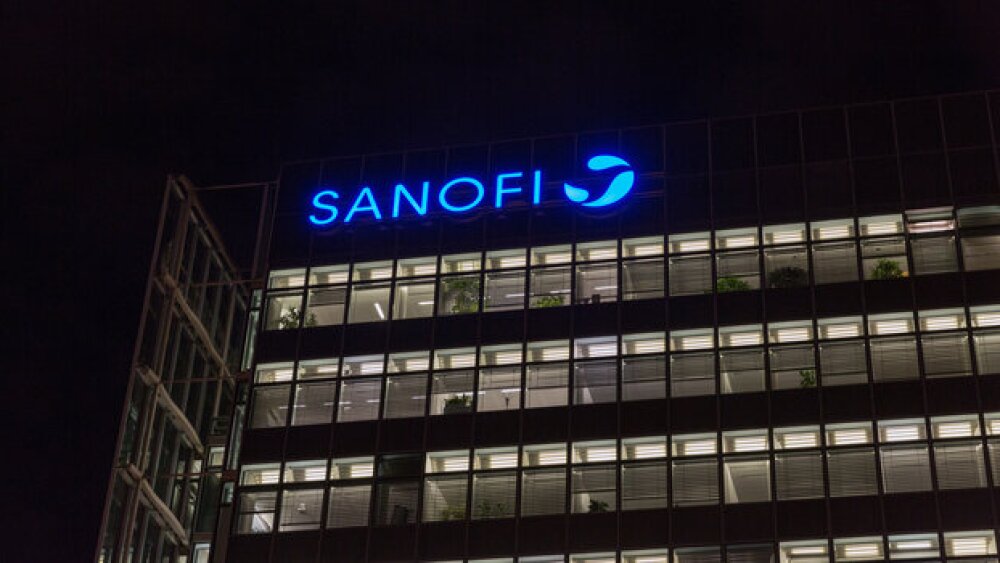
September 21, 2015
By Mark Terry, BioSpace.com Breaking News Staff
Rumors are spreading that a number of drug companies, including Sanofi, Pfizer, Abbott Laboratories and Israel-based Teva may be making plans to acquire Mexican generic-drug maker Representaciones e Investigaciones Medicas SA, better known as Rimsa.
Unidentified sources told BloombergBusiness that such a deal is in the works, that Goldman Sachs Group Inc., is managing it, and that the price tag could be as high as $1 billion.
If such a deal does occur, it would be yet another example of consolidation in the generics market. The biggest deal in the generic market has been Teva Pharmaceutical Industries Ltd. (TEVA)’s acquisition of Allergan plc (AGN)’s generic drug business in late July for $40.5 billion.
When the Teva-Allergan deal closes, the combined companies will be the largest generic drug company worldwide. The nearest competitors are Novartis AG (NVS)’s Sandoz Inc., with $9.56 billion in annual sales and Mylan NV, with $6.52 billion in generic sales.
On July 13, Baudette, Minn.-based ANI Pharmaceuticals, Inc. acquired 22 generic drug products from Teva. The drugs acquired were older drugs, and the deal was for $25 million in cash and a percentage of future product sales.
Also in July, Jordan-Hikma Pharmaceuticals (HIK.L) bought Boehringer Ingelheim’s U.S. generic drugs unit for $2.65 billion.
On Sept. 3, Philadelphia-based Lannet Company, Inc. (LCI) acquired Kremers Urban Pharmaceuticals Inc. for $1.23 billion, with possible additional contingency payments. KU is the U.S.-based specialty generic pharmaceuticals subsidiary of Belgium-based UCB S.A.
Earlier in the year, in May, Endo International Plc (ENDP) acquired Par Pharmaceutical Holdings Inc. for $8.05 billion. Other companies focusing on generics or may be targets for generics companies include Akorn, Inc. (AKN), IMPAX Laboratories, Inc. (IPKL), Sagent Pharmaceuticals, Inc., and Perrigo Company (PRGO).
There are four major distributors in the U.S. that control generic distribution. They are McKesson Corporation, CVS Health Corp., through a partnership with Cardinal Health, Inc. (CAH), Walgreens Boots Alliance Inc., through a relationship with AmerisourceBergen Corporation (ABC) and Wal-Mart Stores Inc. In 2013, AmeriSourceBergen signed a 10-year deal to be Walgreen’s primary brand-name supplier, taking over approximately 60 percent of brand-name drugs that had previously been distributed by Walgreens’ warehouse network. Walgreens distributed generic drugs themselves, but AmeriSourceBergen took that over.
McKesson Corporation and Rite Aid had a similar deal.
Writing in Drug Channels in Feb. 20, 2014, Adam Fein wrote, “Generic manufacturers need a survival strategy. For generic drugs, formulary power lies with the distribution channel, not with the payer channel. If we consider Express Scripts Inc. and Walmart, then five entities will purchase about 90 percent of generic drugs for the U.S. market.”
Essentially, consolidation in the generic market is related to distributor consolidation. Distributors buy generic drugs to sell to patients, and if the companies are merged, they have more leverage to negotiate lower prices.
If there is a deal to acquire Rimsa, it may be related to how fragmented Mexico’s generic drug market is. Mexico, along with Brazil and Chile, according to Bloomberg, have relatively low health care spending rates which are expected to rise. Endo bought Mexico City-based Grupo Farmaceutico Somar in 2014. Grupo Farmaceutical Somar has a broad generics focus.




